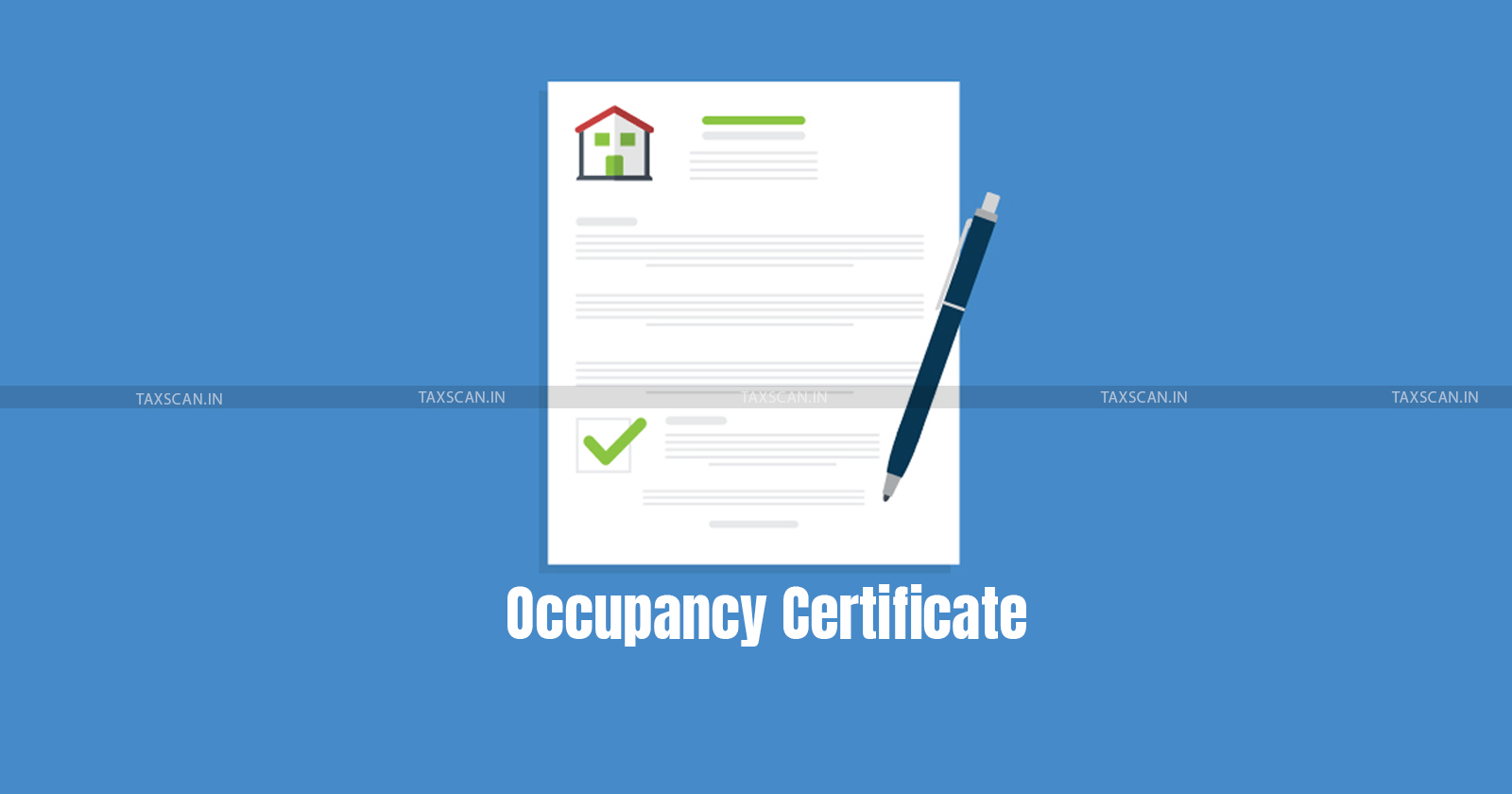Property Tax Liability arises Only from Issuance of Occupancy Certificate: Karnataka HC [Read Order]
The Karnataka High Court held that Property Tax Liability arises only from Issuance of Occupancy Certificate

Property Tax Liability – Occupancy Certificate – Issuance of Occupancy Certificate – Karnataka High Court – property tax payment – Property Tax – Liability – taxscan
Property Tax Liability – Occupancy Certificate – Issuance of Occupancy Certificate – Karnataka High Court – property tax payment – Property Tax – Liability – taxscan
The Karnataka High Court has nullified a demand notice issued by the Bruhat Bengaluru Mahanagara Palike (BBMP) for retroactive property tax payments dating back to 2008. The court's decision, delivered by Justice Suraj Govindaraj in response to a petition filed by M/s B M Habitat, centered on the argument that the building had been completed before the Occupancy Certificate was issued on 25.04.2011.
The single-judge bench not only quashed the 15.02.2018 order from the corporation but also instructed the corporation to commence property tax collection from 25.04.2011 onwards.
The petitioner contended that construction was finalized in July 2010, pending the NOC from the Deputy Commissioner for operating a multiplex. Due to delayed fire clearance, an application for an occupancy certificate was submitted on 05.07.2010, with another application on 02.12.2010, following a lack of consideration. An inspection occurred, leading to the issuance of an occupancy certificate on 25.04.2011.
The petitioner argued that the corporation's delay in processing the application should not hold the petitioner liable, especially since the building remained unused during that period. Emphasizing that property tax should apply from the date of the occupancy certificate, not before, the petitioner contested the corporation's claim that construction was deemed complete on 17.01.2008.
The court rejected the corporation's argument, stating that the plan's validity until 17.01.2008 did not automatically imply construction completion. It held that the corporation could not rely on deeming fiction without verifying the actual status and necessary documentation. The court noted the NOC was issued in 2010, and the petitioner could not have utilized the property until then.
Highlighting the considerable delay in inspection and issuance of the occupancy certificate by the corporation, the court ruled that this delay could not alter the construction completion date. It asserted that property tax would only apply after the occupancy certificate when the building became eligible, and until then, the tax incidence was on the vacant/open land.
In conclusion, the court found the corporation's actions unjustified and granted the petition. Advocate S. Rajashekar represented the petitioner, and Advocate Pallava R represented R1.
To Read the full text of the Order CLICK HERE
Support our journalism by subscribing to Taxscanpremium. Follow us on Telegram for quick updates


